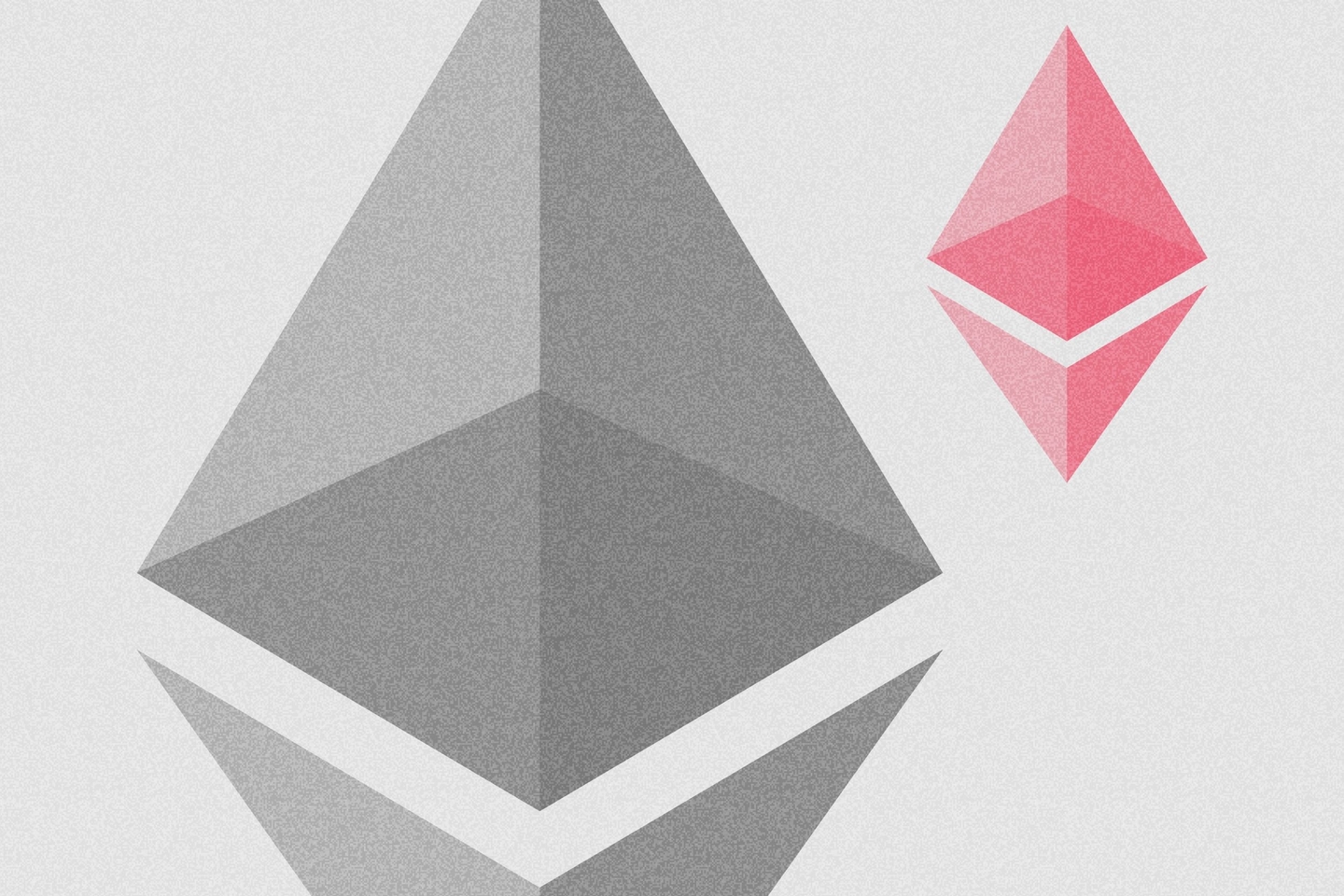
What is Proto-Danksharding?

Introduction
Named after Ethereum researchers Protolambda and Dankrad Feist, Proto-Danksharding is the most anticipated feature introduced by the Deneb-Cancun (Dencun) Ethereum hard fork, scheduled for March 13, 2024. Once activated on mainnet, it will enable an order of magnitude reduction in transaction fees for Ethereum rollups, improving scalability without losing in security or decentralization.
What are the benefits of Proto-Danksharding?
The immediate benefits of Proto-Danksharding for Ethereum rollups users are two-fold:
- Reduced transaction fees: even though transactions on Ethereum rollups are already 100x cheaper than on layer 1, there are still use cases for which even lower fees would be desirable. Today, applications requiring high-frequency operations tend to rely on off-chain modules due to prohibitive transaction fees. Proto-Danksharding will expand the range of viable fully on-chain applications.
- Consistent transaction fees: as rollups rely on Ethereum resources, bursts of activity on Ethereum drive up the fees not only for transactions on layer 1, but also for the rollups. Proto-Danksharding decouples the resources dedicated to layer 1 smart contracts from the ones dedicated to rollups, making the cost of operating on rollups more stable.
In summary, Proto-Danksharding will enable new use cases and vastly improve the user experience on Ethereum rollups.
In addition, it sets the technical foundations for a longer-term upgrade, Danksharding, which will provide an even stronger reduction in costs for rollups without compromising on security or decentralization. Danksharding completes the transition from the previous focus to execution sharding (multiple chains running in parallel) to a full data sharding optimized for rollups.
How is Proto-Danksharding implemented?
Implemented according to EIP-4844: Shard Blob Transactions, the goal of Proto-Danksharding is to improve Ethereum as a data availability layer for the modular blockchain ecosystem.
Before Dencun, rollups had to pay gas for calldata to acquire data availability for their transaction batches. This is sub-optimal, as rollups had to compete with smart contracts on layer 1 for resources, and the data would unnecessarily be part of the historical state of Ethereum.
After Dencun, rollups will have the additional option to post batches on Ethereum via blob-carrying transactions. This is expected to be drastically cheaper in most situations, and it reduces the growth of the historical state.
Blob-carrying transactions consume a new kind of resource dedicated to data availability: blobspace.
While standard gas enables access to general blockspace, blob gas enables access to the more specific blobspace: each Ethereum block can include commitments to the availability of up to 6 data blobs. Each blob contains 125 kB of data.
Differently from standard blockspace, useful for general-purpose execution on layer 1, blobspace is only useful for applications requiring data availability, as the content of the blobs cannot be accessed by the Ethereum Virtual Machine, and it is typically pruned from history after 4096 epochs (~18 days).
This means that gas and blob gas can be priced independently: Proto-Danksharding provides a first implementation of a multidimensional fee market in Ethereum. Similar to blockspace, the price of blob gas is adjusted dynamically according to demand for blobspace, targeting an average of 3 blobs per block.
With EIP-4844 implemented, no further changes to the execution client will be needed to achieve Danksharding, which thanks to data availability sampling will allow to increase the average data availability bandwidth from 0.03125 MB/s to ~1.3 MB/s, further reducing costs for rollups.
Dencun beyond Proto-Danksharding
In addition to EIP-4844, Dencun implements more Ethereum Improvement Proposals, summarized as follows:
- EVM improvements: EIP-6780: SELFDESTRUCT only in same transaction reduces the functionality of the deprecated opcode SELFDESTRUCT, improving security. EIP-5656: MCOPY - Memory copying instruction and EIP-1153: Transient storage opcodes improve the efficiency of memory management.
- Staking upgrades: EIP-7044: Perpetually valid signed voluntary exits removes the expiration date from validator signed voluntary exits, simplifying staking operations. EIP-4788: Beacon block root in the EVM conveys the state of staked ETH from the consensus layer to the execution layer, removing the need to rely on oracles.
- Network upgrades: EIP-7514: Add Max Epoch Churn Limit sets a hard cap on the validator growth rate, reducing the projected strain on the p2p network.
- Consensus upgrades: EIP-7045: Increase max attestation inclusion slot improves the security of the fork choice rule and sets the foundation for a new confirmation rule.
Outlook
Proto-Danksharding is a critical milestone in Ethereum’s rollup-centric roadmap, specifically for the path towards being an optimal data availability layer for the modular blockchain ecosystem. With danksharding activated and no more “training wheels”, rollups on Ethereum will eventually be comparable with high-throughput layer 1 blockchains in terms of transaction fees, whilst benefitting of the immense economy and security budget of Ethereum.